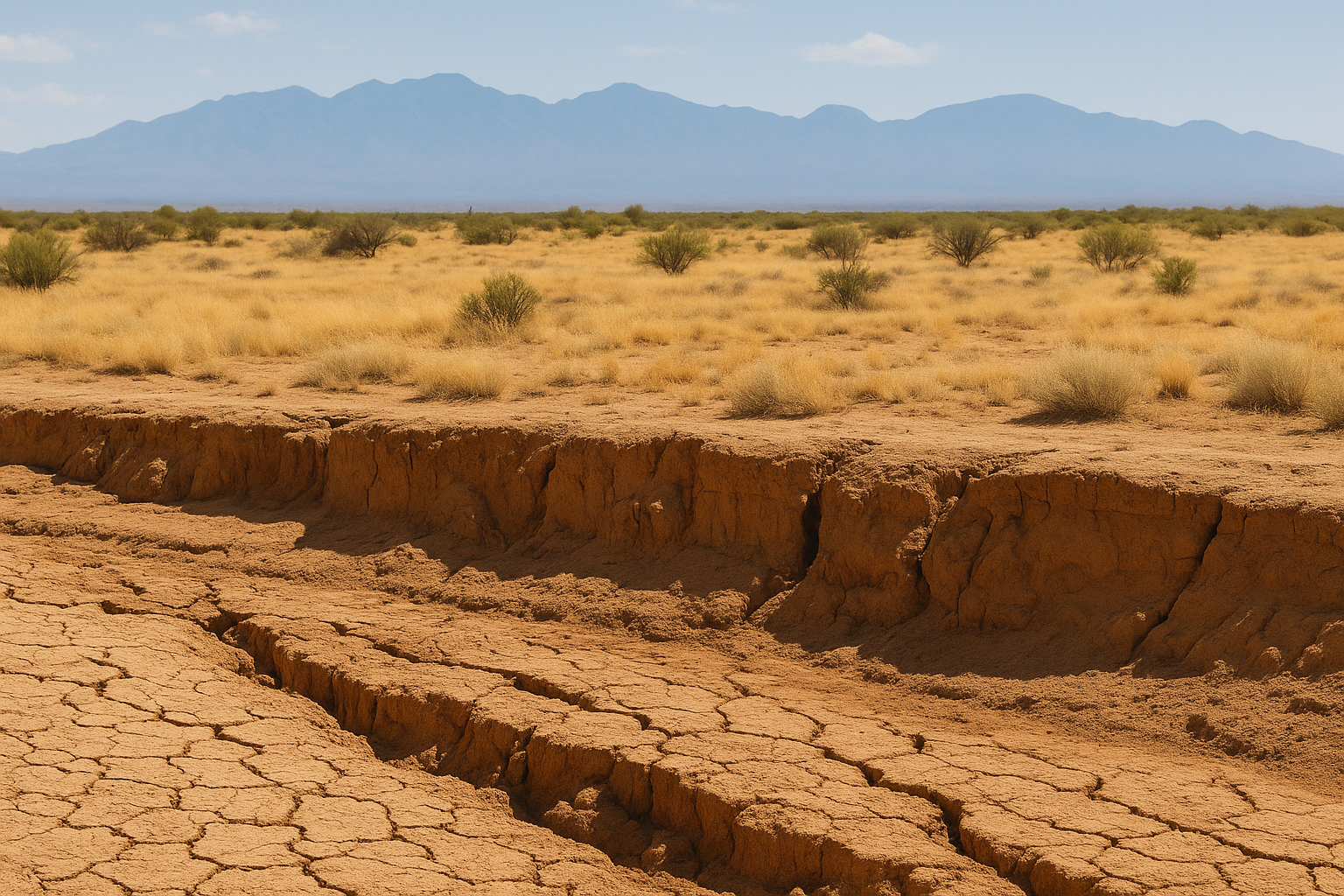Groundwater Reform Remains Stalled as Special Session Looms
A bipartisan push to regulate groundwater in rural Arizona has stalled in the Legislature, prompting Governor Katie Hobbs to consider calling a special session after the regular session ends in late June.
What the Proposed Bill Would Have Done
Senate Bill 1520, known as the Rural Groundwater Management Act, sought to establish Basin Management Areas (BMAs) in rural basins like Willcox, Gila Bend, and Hualapai Valley. The bill aimed to reduce groundwater pumping by 10% over 10 years and impose local oversight structures arizonadailyfeed.compinal.gov+13azcapitoltimes.com+13chron.com+13. It also proposed repealing the Willcox Active Management Area and transitioning it to a BMA governed by local councils.
Supporters noted groundwater in basins like Willcox had exceeded safe extraction levels by more than 50%, according to the Arizona Department of Water Resources (ADWR) azcapitoltimes.com+1azfamily.com+1azcapitoltimes.com.
Negotiations Break Down in Legislature
Despite bipartisan interest, key sticking points emerged: disagreements over pumping reductions, the structure of local councils, which basins to include, and whether ADWR should have oversight. Senate sponsor Tim Dunn (R–Yuma) stated that time was running out and that a deal was unlikely before adjournment watereducationcolorado.org+7azcapitoltimes.com+7apnews.com+7.
From the governor’s camp, spokesman Christian Slater accused Republicans of prioritizing corporate interests over rural well-being. Hobbs warned that, if necessary, she’d convene a special session to ensure a meaningful compromise kjzz.org+7azcapitoltimes.com+7azgovernor.gov+7.
Rural Communities Bear the Consequences
Rural homeowners and farmers in Cochise, La Paz, Yuma, and Gila counties have seen wells go dry, forcing them to deepen wells at costs of up to $120,000, per residents in Wenden and Willcox azgovernor.gov+8azgovernor.gov+8arizonadailyfeed.com+8. Rural water districts have reported rising drought impacts, declining aquifer levels, and growing economic strain due to unrestricted pumping.
Despite limited ADWR authority outside urban Active Management Areas (AMAs), southern Arizona towns like Douglas and Willcox have already enacted special oversight zones via ballot measures or gubernatorial action arizonadailyfeed.comazcapitoltimes.com+6azfamily.com+6arizonadailyfeed.com+6.
Governor Hobbs Pushes for Executive Solutions
In late May, Hobbs toured La Paz and Mohave counties, pledging to continue “kitchen‑table conversations” with residents and commit to policy reforms even in the absence of a legislative agreement arizonadailyfeed.com+6azgovernor.gov+6apnews.com+6. On May 23, she used executive authority to expand an existing rural oversight unit—expanding the Willcox AMA framework using her environmental powers kjzz.org+2azfamily.com+2apnews.com+2.
She remains open to a special session but only if GOP legislators engage in genuine bipartisan talks azcapitoltimes.com+15azcapitoltimes.com+15arizonadailyfeed.com+15.
Why It Matters for Arizona’s Water Future
Recent ADWR projections show nearly 28 million acre-feet of groundwater depletion since 2003 across the Colorado River Basin—comparable to draining Lake Mead azfamily.com+2azcapitoltimes.com+2azpm.org+2. Urban AMA basins in Phoenix, Prescott, and Tucson have not achieved “safe-yield” targets set in 1980 but are nearing them; rural basins lack any legal pump restrictions azcapitoltimes.com+1apnews.com+1.
This regulatory gap puts rural Arizona at risk of long-term water insecurity—especially under extreme drought conditions and rising well failure rates azgovernor.gov+5chron.com+5apnews.com+5.
What Comes Next
- The Legislature is expected to adjourn by late June, potentially without resolving the water bill.
- Governor Hobbs may call a special session in July if progress is made.
- Meanwhile, ADWR may expand monitoring or rural AMA designations through administrative authority.
- Rural stakeholders across Cochise, La Paz, Willcox, Yuma, and Gila counties await advocacy outcomes and future policy clarity.
Arizona stands at a pivotal moment. Will rural groundwater management continue to be deferred, or will policymakers act to secure water resources for future generations? With wells failing and farmers struggling, the next few weeks could determine the state’s hydrologic future.
